News.am recently interviewed Professor Ara Babloyan regarding the newly established "Union of Medical Institutions of Armenia" Public Organization.
• Yesterday, information was published about the establishment of the "Union of Medical Institutions of Armenia" Public Organization. On June 19, the organization held its inaugural meeting, chaired by Professor Ara Babloyan. NEWS.am Medicine aimed to learn more about this new organization, including its origins, the motivation behind its creation, and its objectives.
Professor Babloyan, how did the idea of creating the "Union of Medical Institutions of Armenia" Public Organization come about?
In my view, the Armenian healthcare system has long needed such an organization. However, the idea first emerged during an extended consultation convened by Minister of Health Anahit Avanesyan. The meeting was held to present and discuss the comprehensive health insurance program. The minister sought the opinions of those directly involved in providing medical care and services.
During the meeting, while the general response from medical institution heads was positive, various questions and perspectives were raised, leading to a productive and meaningful discussion. It was during this exchange that the concept of forming an organization of medical institutions, drawing on international experience, was proposed. The goal was to create an entity that would actively collaborate with the Ministry to ensure the smooth implementation of this crucial project for our country.
What will be the status of the organization?
Initially, a group of initiators was formed to work on defining the organization's purpose, status, management principles, and statutes. The “Union of Medical Institutions of Armenia” Public Organization was registered following the established procedures. Its primary goal is to “support the development of medical institutions and enhance their operational efficiency to contribute to the advancement of the healthcare system in Armenia and the improvement of public health.”
On June 19, the organization held its inaugural extended session, during which several decisions were made to ensure the efficient operation and collaborative management of the organization.
The information indicated that the organization would have a large, expanded board and a five-member presidency. How was this determined, and on what basis?
First, it’s important to consider that Armenia has approximately 600 medical facilities, with about 21% providing inpatient services and 79% offering outpatient care. Additionally, 164 of these facilities are privately operated. All 600 organizations are eligible to become members of the union.
The organization’s secretariat is currently being established, and once complete, all medical institutions will be invited to join the organization.
The highest governing body of the organization is the General Meeting of its members. To ensure collegial management and representation of medical institutions of varying levels and statuses, the Council was approved with 37 members. From this Council, a five-member Presidency was formed. Each member of the Presidency will serve a one-year term in rotation.
Professor Babloyan, you chaired the first session, but you are not included in the published composition of the presidency. Are you a member of the Council?
I have chosen to serve as an advisor to the organization rather than as a member or president. I find it more meaningful to support and consult with my younger colleagues than to hold a formal leadership position.
Our organizational structure reflects a commitment to the collective good over personal interests. It demonstrates our ability to prioritize the health of the public and work together towards advancing our healthcare system.
What are the organization's current priorities?
Our primary focus is on health insurance, the licensing of specialists, and addressing the list of professions and associated educational reforms.
The challenges are numerous and varied, so we must collaborate closely with the Ministry of Health and various professional associations and healthcare organizations. I am confident that, with joint efforts, we will succeed.
About health
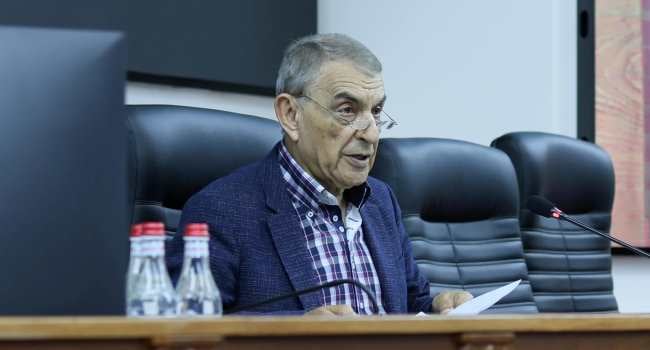
Union of Medical Institutions of Armenia26 June 24
Last news
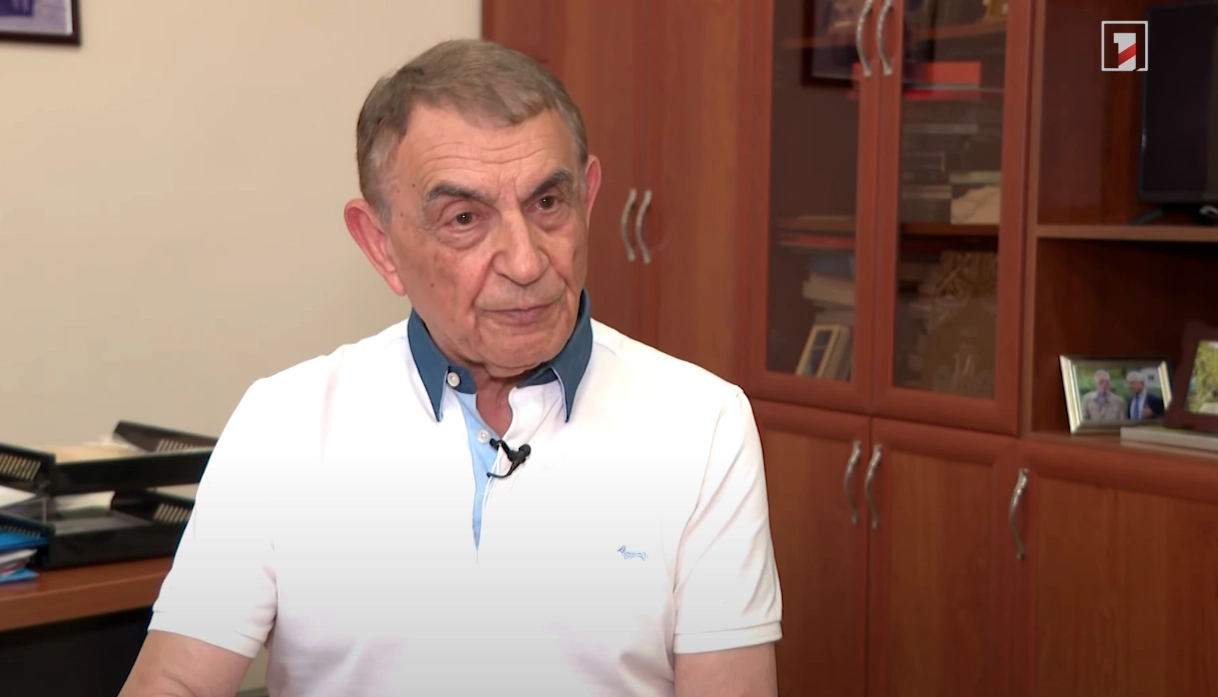
Obstructing the Work of Medical Professionals May Soon Be Criminally Punishable
23 July
A new draft law has been submitted to the National Assembly of the Republic of Armenia, proposing criminal liability for obstructing the professional duties of medical workers.
In an interview with Public Television, Doctor of Medical Sciences and Professor Ara Babloyan emphasized that individuals who interfere with the work of healthcare professionals must be held accountable.
The goal of the proposed amendment is to protect medical workers from harassment and ensure a safe and respectful environment for their essential work.
More details are available in the full report.
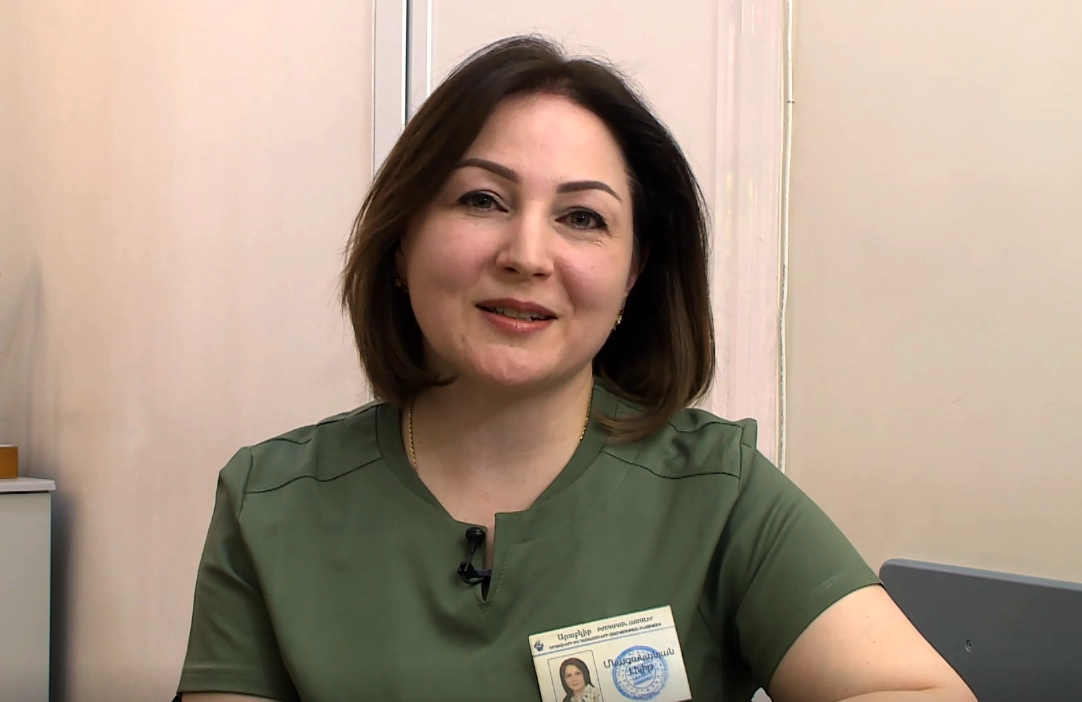
Important Signs of Dry Eye Syndrome
21 July
A burning sensation, feeling of grittiness in the eyes, sensitivity to light, tearing, temporary blurred vision, and a sense of heaviness in the eyelids — these symptoms may indicate dry eye syndrome. What is it, and what should be done in such cases?
Lilit Mnatsakanyan, ophthalmologist at the Arabkir Medical Center, spoke about the condition as part of the BujInfo program of Shant TV.
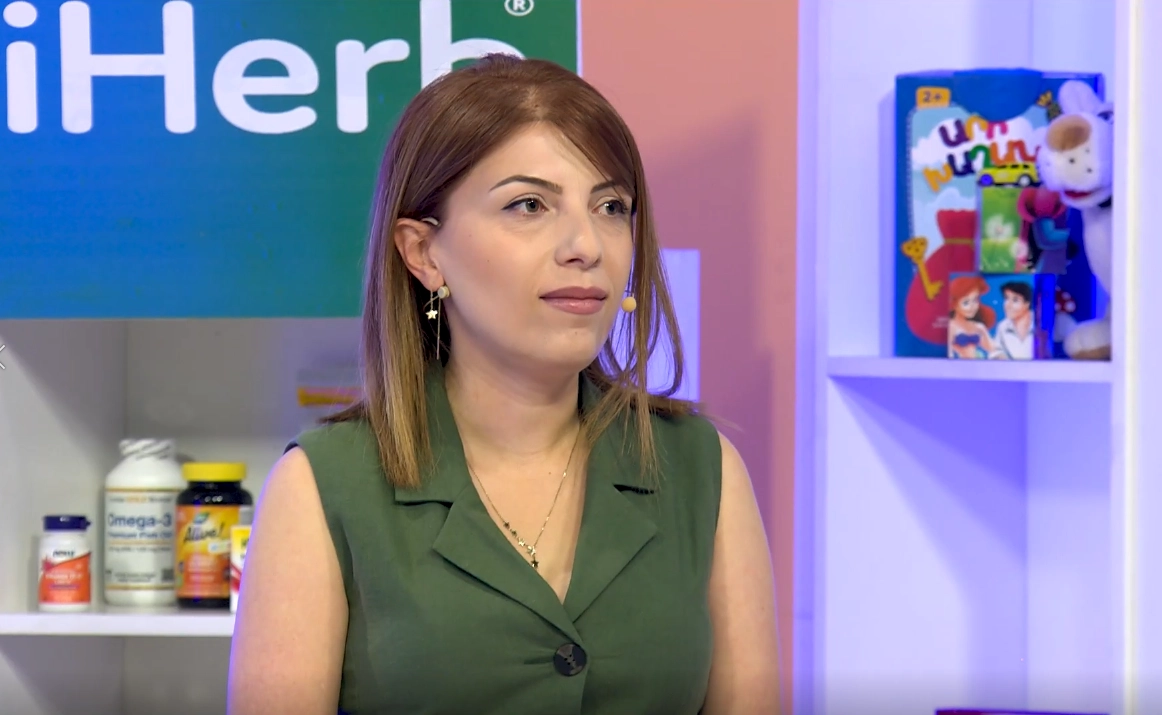
Understanding Childhood Earache: Complications and Prevention
20 July
Pediatrician Lia Andreasyan from the Arabkir Medical Center spoke about childhood earaches and otitis media in an interview with BujInfo on Shant TV.
Dear parents, listen in, stay informed, and make sure to consult your pediatrician in time—who will refer you to a specialist if needed.
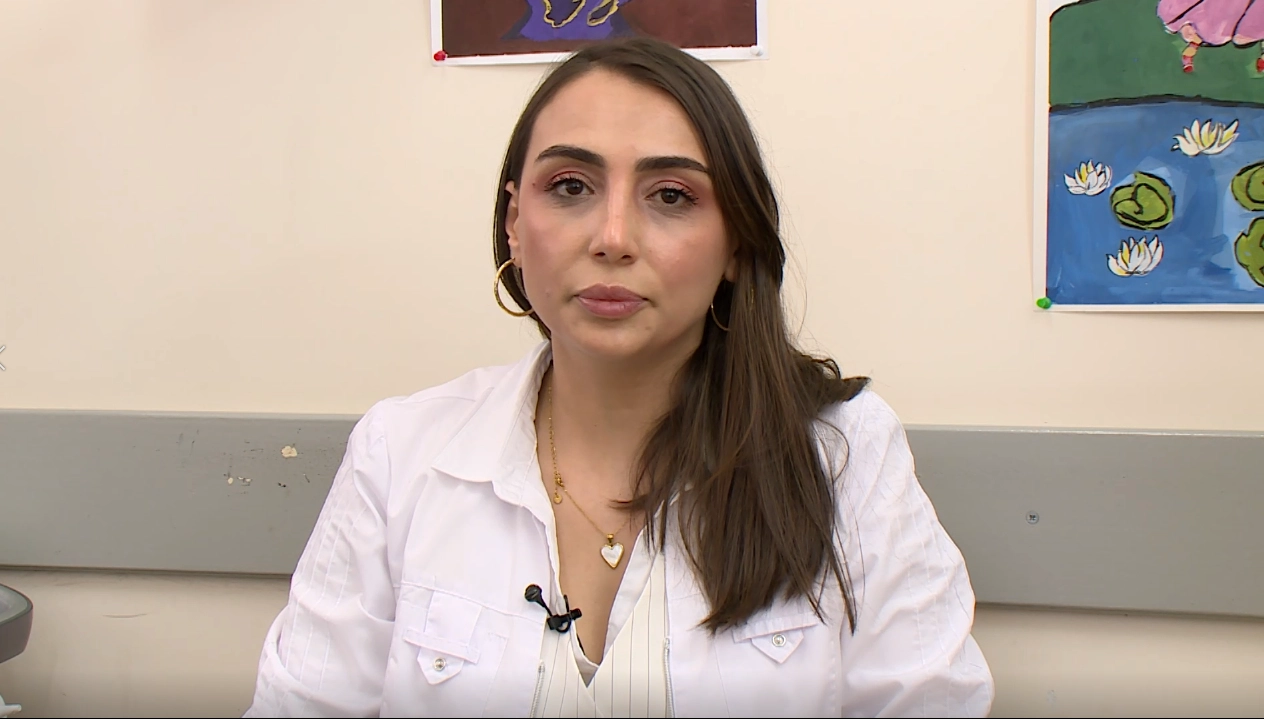
About Heart Rhythm Disorders in Children and Adolescents
17 July
Heart rhythm disorders can occur not only in adults but also in children and adolescents. Why do they happen? What are the symptoms? What risks are associated with a fast or slow heartbeat?
How can parents recognize a heart rhythm disorder, and what steps should they take?
Pediatric cardiologist Emma Sargsyan from the Arabkir Medical Center answered these important questions on Shant TV’s BujInfo program.
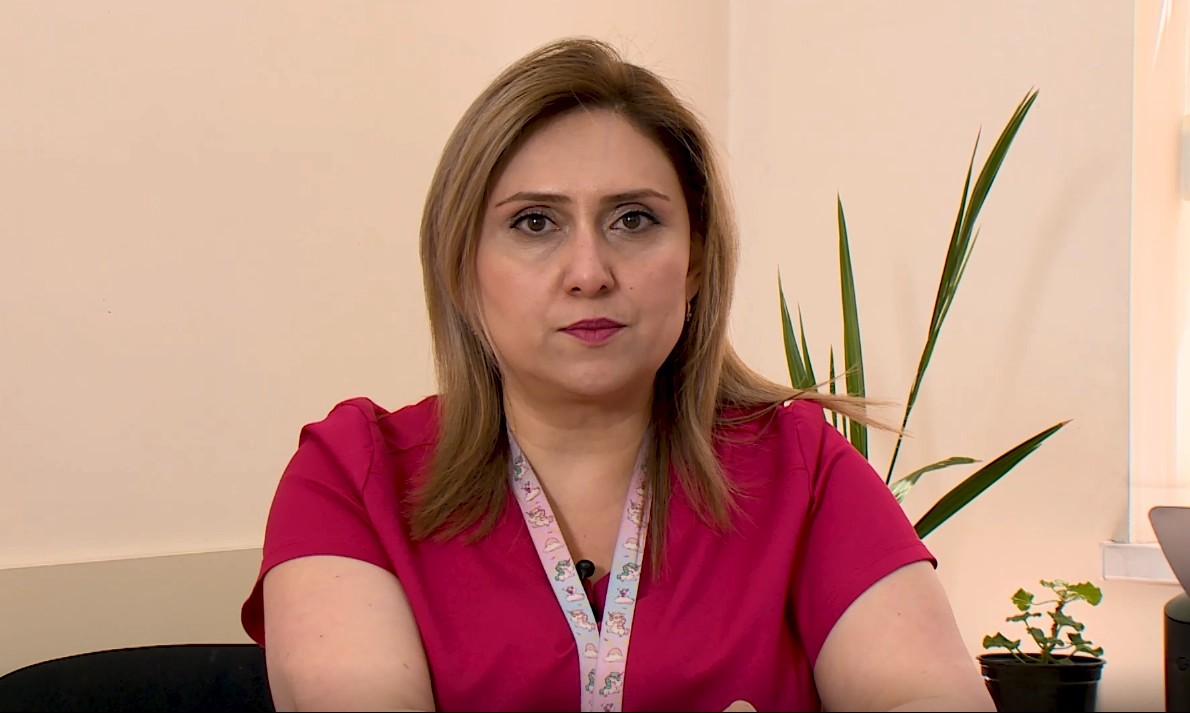
Fever in Children
15 July
Why do children get a fever, and what should parents do when it happens?
Pediatrician Marine Arustamyan from the Arabkir Medical Complex shared her advice in an interview with Shant TV’s BujInfo program.

Pediatrician Lia Andreasyan on Tonsillitis
09 July
Tonsillitis in children is a topic that concerns many parents—after all, nearly every child experiences what we commonly call a sore throat at least once.
Dr. Lia Andreasyan, pediatrician at the Arabkir Medical Complex, spoke about this issue in an interview with "BujInfo", a program on Shant TV, answering key questions.

 English
English
 Հայերեն
Հայերեն Русский
Русский